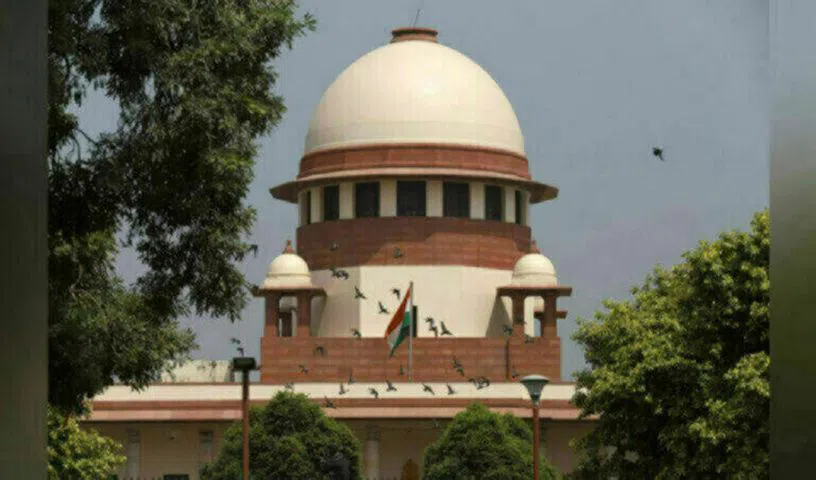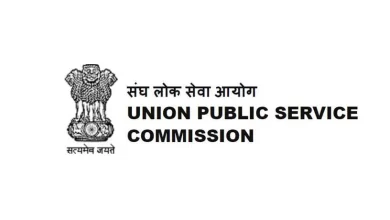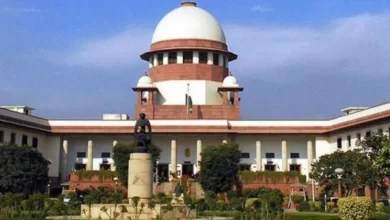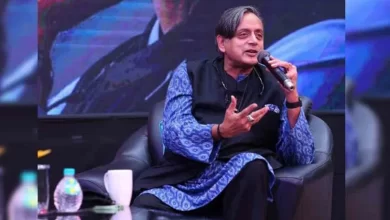SC calls for balancing of interests, asks courts to assess eminent need for DNA test

Apex court says forcefully undergoing a DNA test would subject an individual’s private life to scrutiny from the outside world
New Delhi: The Supreme Court on Tuesday said that while permitting an enquiry into somebody’s paternity by a DNA test, the courts must be mindful of the collateral infringement of privacy of the child and the parents.
A Bench of Justices Surya Kant and Ujjal Bhuyan, which brought the curtain down on a two-decade-old dispute over paternity by a person from Kerala, laid down the procedure on when the court could order a DNA test to ascertain paternity.
The Bench said, “Forcefully undergoing a DNA test would subject an individual’s private life to scrutiny from the outside world. That scrutiny, particularly when concerning matters of infidelity, can be harsh and can eviscerate a person’s reputation and standing in society. It can irreversibly affect a person’s social and professional life, along with his mental health.”
The Bench said there has to be a balancing of interests and the court must assess the eminent need for a DNA test.
“On one hand, courts must protect the parties’ rights to privacy and dignity by evaluating whether the social stigma from one of them being declared ‘illegitimate’ would cause them disproportionate harm. On the other hand, courts must assess the child’s legitimate interest in knowing his biological father and whether there is an eminent need for a DNA test,” it said.
The Bench said the effects of social stigma surrounding an illegitimate child make their way into the parents’ lives as there may be undue scrutiny owing to the alleged infidelity.
That apart, the courts must also remain abreast with the effects such a probe would have on other relevant stakeholders, especially women. Casting aspersions on a married woman’s fidelity would ruin her reputation, status, and dignity and she would be castigated in society, it said.
The top court refused to agree with the Kerala High Court’s view ordering a DNA test for ascertaining the paternity of the child (now adult) for payment of maintenance. The top court added that when dealing with the question of eminent need for a DNA test to prove paternity, the court needs to balance the interests of those involved and must consider whether it is possible to reach the truth without the use of such a test.







